In Algeria, national civil holidays with a fixed date are:
New Year’s Eve, 1 January
Independence Day, 5 July
Revolution Day, 1 November
Muslim religious holidays are of variable date, following the lunar calendar, and are:
Aid al-Fitr (end of Ramadan or small festival)
Aid el-Adha (feast of sacrifice or great feast)
Al Mouloud (Birth of the Prophet)
As for festivals, many are organised on various themes and in all regions, they are more or less seasonal but not fixed in date. We will list the main ones and the most representative of Algerian culture:
Sebeiba in Djanet
A festival not to be missed, it is organised every year in Djanet between September and November. This is one of the oldest and most important festivals in the Saharan region, which has been going on for hundreds of years to celebrate the peace pact between the Touareg tribes of Tassili N‘Ajjer. Traditional dances, songs, craft exhibitions and dromedary rides are perpetuated every year, promoting and celebrating the ancient traditions of a people of warriors and nomads, in the beautiful setting of the Sahara. A multitude of ‘blue men’ face each other in a sword dance, spurred on by the songs of the women, elegantly dressed in Tuareg fashion, to then celebrate the Sebeiba, the end of the war.
El Kala Coral Nights
Every August, a coral festival is organised in El Kala with craft exhibitions. Algerian Mediterranean coral is renowned for its distinctive colour and quality.
Moussem de Taghit (Festival of Dates)
In the Saharan oases, the economy has for centuries revolved around the cultivation of date palms. One of the most important and oldest festivals for these peoples is therefore celebrated during the date harvest. Every year at the end of October, families gather around the palm groves and for three days celebrate and taste the first fruits of the harvest, playing ancient instruments and singing traditional songs.
S‘Bou of Timimoun
It follows the lunar calendar and is celebrated immediately after Al Mouloud (the birth of the Prophet). It is one of the most characteristic events of the Saharan peoples. For seven days and seven nights, the inhabitants of Timimoun come together in a huge religious, folk and cultural festival, with processions, songs, recitation of poems from the oral tradition, dances, ceremonies and pilgrimages to sacred mausoleums.
Ghardaia Carpet Festival
Ghardaia is famous for its handicraft production of beautiful colourful carpets decorated with geometric patterns. This ancient know-how, handed down from generation to generation, is celebrated every year between March and April with a folk and cultural festival. Parades of floats decorated with carpets, craft exhibitions and shows accompany this huge and lively carpet fair.
Fête de Tazrouk
If Djanet is the capital of the Kel Ajjer Touareg people, Tamanrasset is that of the Kel Ahaggar.
The Touareg tribes of the Kel Ahaggar gather every year on the first Thursday of August in a small traditional village, Tazrouk, to celebrate their traditions and perpetuate their cultural identity. The community festival consists of dancing, traditional music, parades and dromedary rides, for a day of feasting and libations, in the beautiful scenery of the Hoggar desert.
Diwane International Music Festival
Every year in summer, the Diwane Music Festival is celebrated in Algiers (since 2020 in Bechar). This ancient musical form is part of the animist heritage of pre-Islamic sub-Saharan Africa and has since evolved into syncretism with Islam in its most mystical form (Sufism). These hypnotic songs, accompanied by traditional instruments, lead to trance and contemplation and were once used for therapeutic purposes by traditional doctors and healers.


